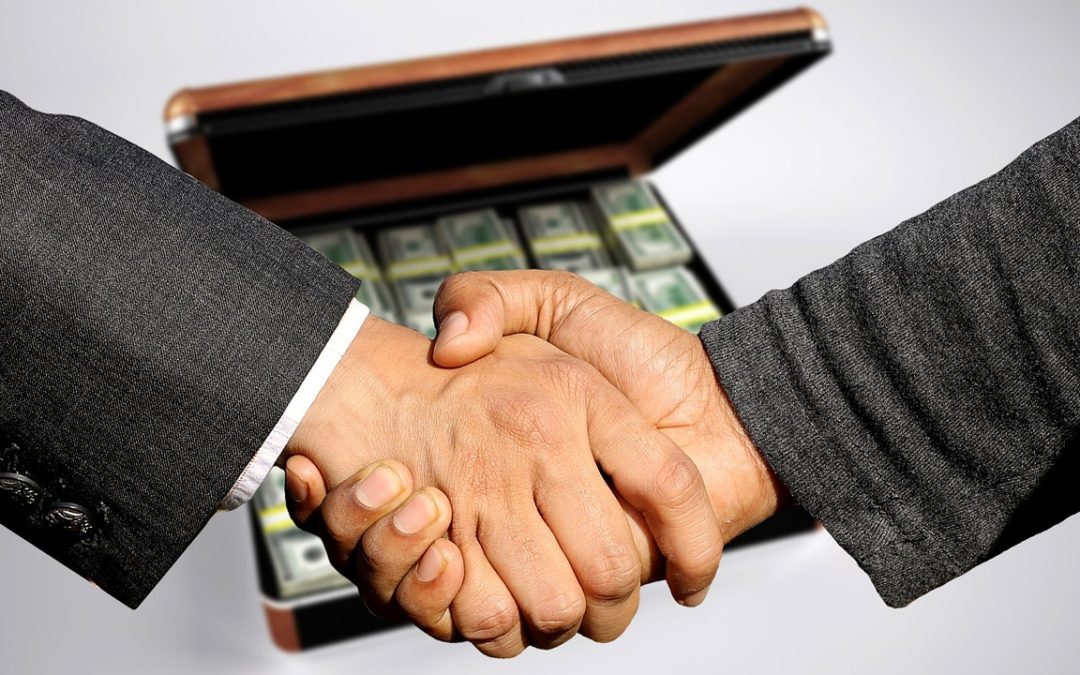By
Alfred Gonzalez*
There is no precise and infallible formula to determine the price of a business. If we say that the price of a business depends on what a motivated buyer is willing to pay, many will take it as a truism. Similarly, stating that the price of a business is what the seller sets will look like a wild assessment.
It is the case that an owner may think that the price of his business should take into account the value of the amounts invested, the cash flow, the inventories, the "good will" and the "blood, sweat and tears" that he shed. during his years of business management.
For those who buy, on the other hand, these sentimental values do not make any sense. In the mind of the buyer, the idea of modernizing everything in accordance with advanced managerial criteria and making a “clean table” with the tradition of the business could be entertained. For him, profitability will have the highest priority.
Therefore, the price at which the business should be launched on the market should be the one suggested by an objective appraiser who considers not only the value of the tangible and intangible assets but also the available cash flow generated by the business.
If a business goes on the market overvalued, there will be various adverse effects on the desire to sell.
In the first place, the buyers will estimate that the recovery period of their investment will be above other opportunities available in the market, and, in the second place, the broker that intermediates
the operation will lose credibility and lose professional prestige.
If the business is presented to the universe of buyers with an acceptable price, the probability is high that it will be sold within a reasonable period of time. In any case, it will be the actions of the forces of supply and demand that will determine if the price set has been fair.
When a buying and selling process begins, the buyer coldly evaluates the administrative books, the operating licenses and contracts, the state of the assets, the client portfolio, the suppliers and other matters of interest that can be measured.
The seller, meanwhile, is limited to releasing all the information required by the buyer and defending himself against his inquisitive questions and, probably, those of his accountant.
With this analysis process (“due diligence”, in English) the buyer intends to verify that the values and arguments presented “a priori” by the seller are true. However, what this review often accomplishes is to demolish the seller's overly optimistic assessment and place it on the level of market reality.
When the moment of truth arrives, it is when the buyer completes the “due diligence” and announces (1)
that he gives up the business and retires; or (2) found discrepancies in the figures and will counter offer for a lower price; or (3) that you agree with the results and will proceed with the purchase on the previously agreed terms.
During the "due diligence", which generally lasts about fifteen days, the seller and the buyer usually become familiar and get to know each other in such a way that they will both find out unpublished details about the real reasons that have prompted the owner to sell and the buyer. to buy.
This additional knowledge, together with the analyzed information, will give the buyer tools to negotiate new advantages in the final stretch of the operation. The seller, for his part, will also have been able to find out the real level of interest of the buyer in closing the sale and will have managed to add new elements to his negotiation arsenal.
And so, like playing a game of poker, the parties will or will not derive to the sublime moment in which the buyer takes the keys to the business and the seller, his check. Only then will we know what the price of the deal was...
* Alfred Gonzalez
Alfred@negociosenflorida.com




